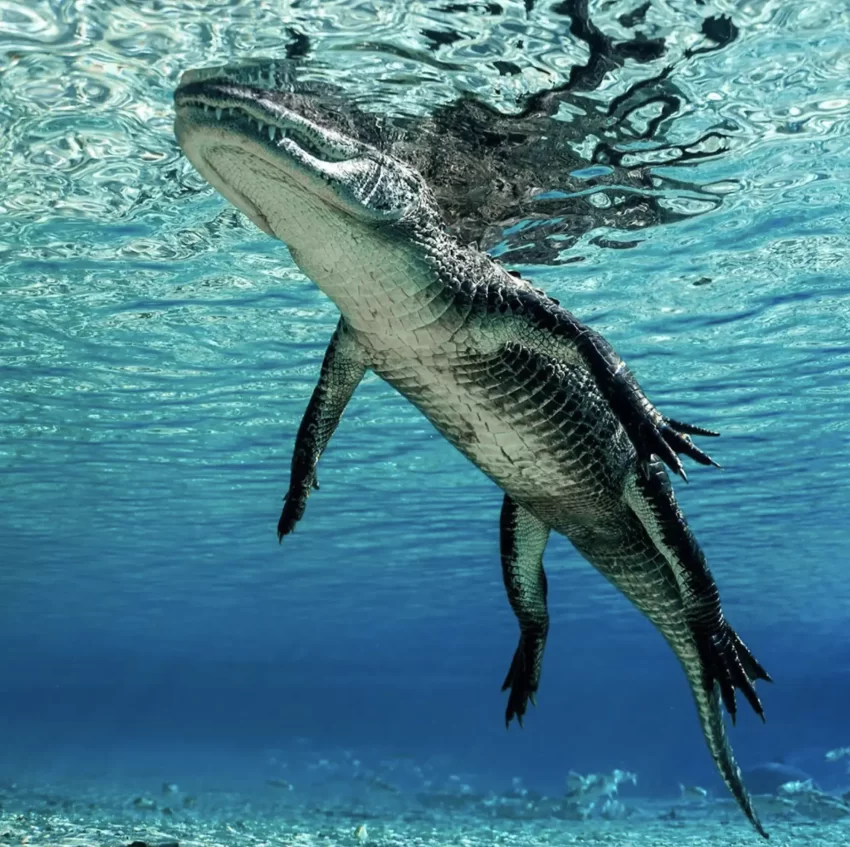When it comes to crocodiles and alligators speed is a big question. These guys are the top of the food chain in their respective habitats and have adapted to be fast in short bursts on land and in water. But who wins the race? Let’s look at their speed, physiology and habitat.
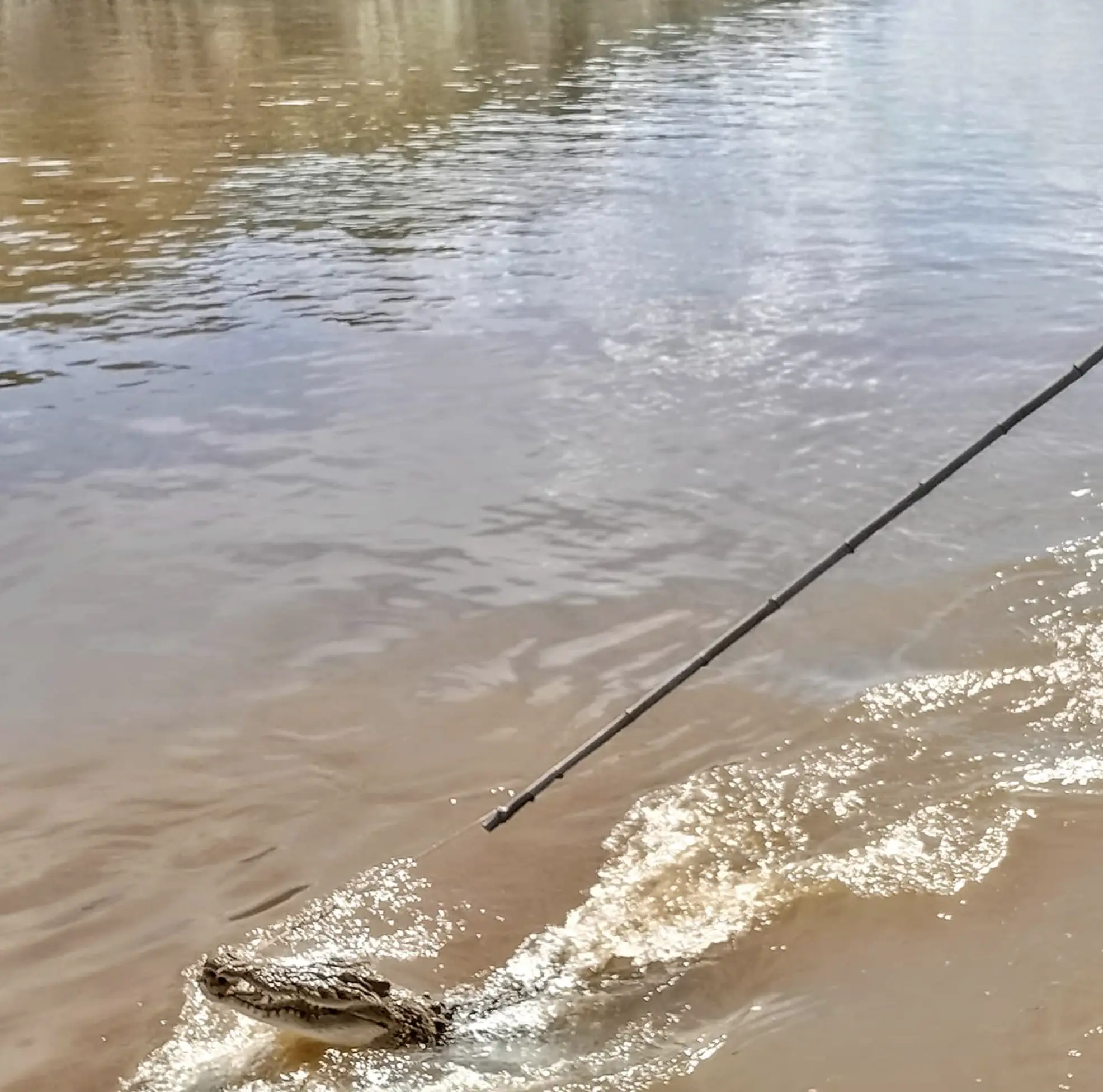
Speed in the Animal World
In the animal world speed is a key to survival. Not as fast as the fastest land animal the cheetah but crocodiles and alligators use their speed for ambush and quick movements. These guys are found in all sorts of habitats from the swamps of the US to the rivers of Africa and Australia and have some unique adaptations that make them top predators.
How Fast Are Crocodiles?
Crocodiles, especially saltwater crocodiles (Crocodylus porosus) and Nile crocodiles (Crocodylus niloticus) are built for power and precision. Their physical attributes allow them to move through marine environments, rivers and swamps with ease.
Crocodile Speed in Water
Crocodiles are fastest in water where their powerful tails act as propellers. Saltwater crocodiles, the largest crocodile species, can reach 15 to 18 mph (24 to 29 km/h) in short bursts. This speed allows them to cover a lot of ground in seconds when chasing prey or escaping threats. Their streamlined bodies and lingual salt glands that manage excess salt intake are perfect for marine environments.
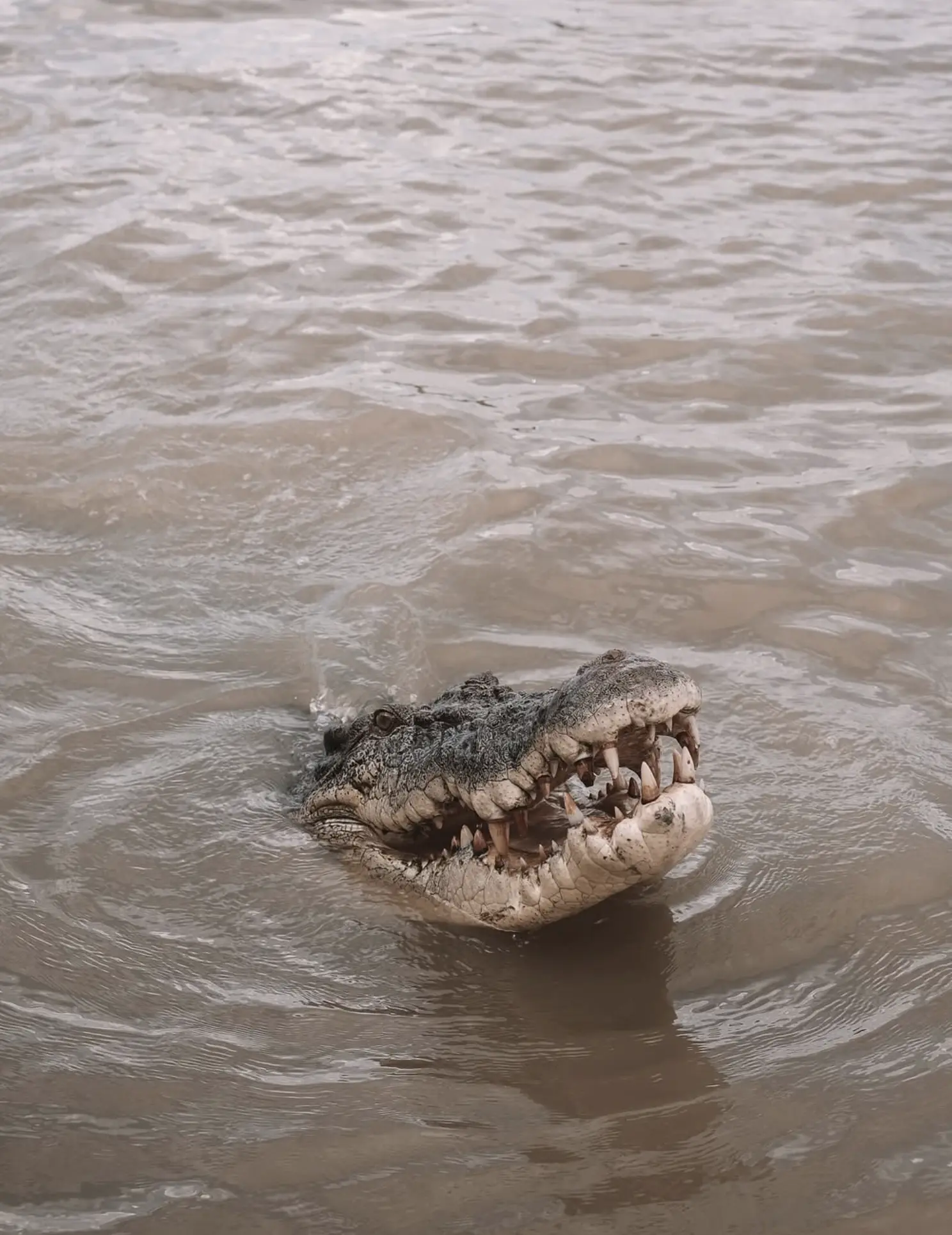
Crocodile Speed on Land
On land crocodiles are less impressive but not to be sneezed at. They can sprint 7 to 10 mph (11 to 16 km/h) for short distances during aggressive lunges or territorial displays. But these bursts of speed are not sustained for long as their bodies are not designed for long land travel.
How Fast Are Alligators?
Alligators, especially the American alligator (Alligator mississippiensis) are adapted for quick and powerful movements in freshwater habitats like the Everglades National Park.
- In Water: 20 mph (32 km/h) in short bursts
- On Land: 8 to 11 mph (13 to 18 km/h) (faster than crocodiles for short distances)
Key Differences Between Alligators and Crocodiles in Speed
| Feature | Crocodiles | Alligators |
|---|---|---|
| Swimming Speed | 15–18 mph (24–29 km/h) | 20 mph (32 km/h) |
| Running Speed | 7–10 mph (11–16 km/h) | 8–11 mph (13–18 km/h) |
| Habitat | Marine environments, freshwater habitats | Freshwater environments, less saline areas |
| Notable Species | Saltwater crocodiles (Crocodylus porosus), Nile crocodiles (Crocodylus niloticus) | American alligators (Alligator mississippiensis) |
| Geographical Range | Australia, Africa, Central and South America | United States, primarily South Florida |
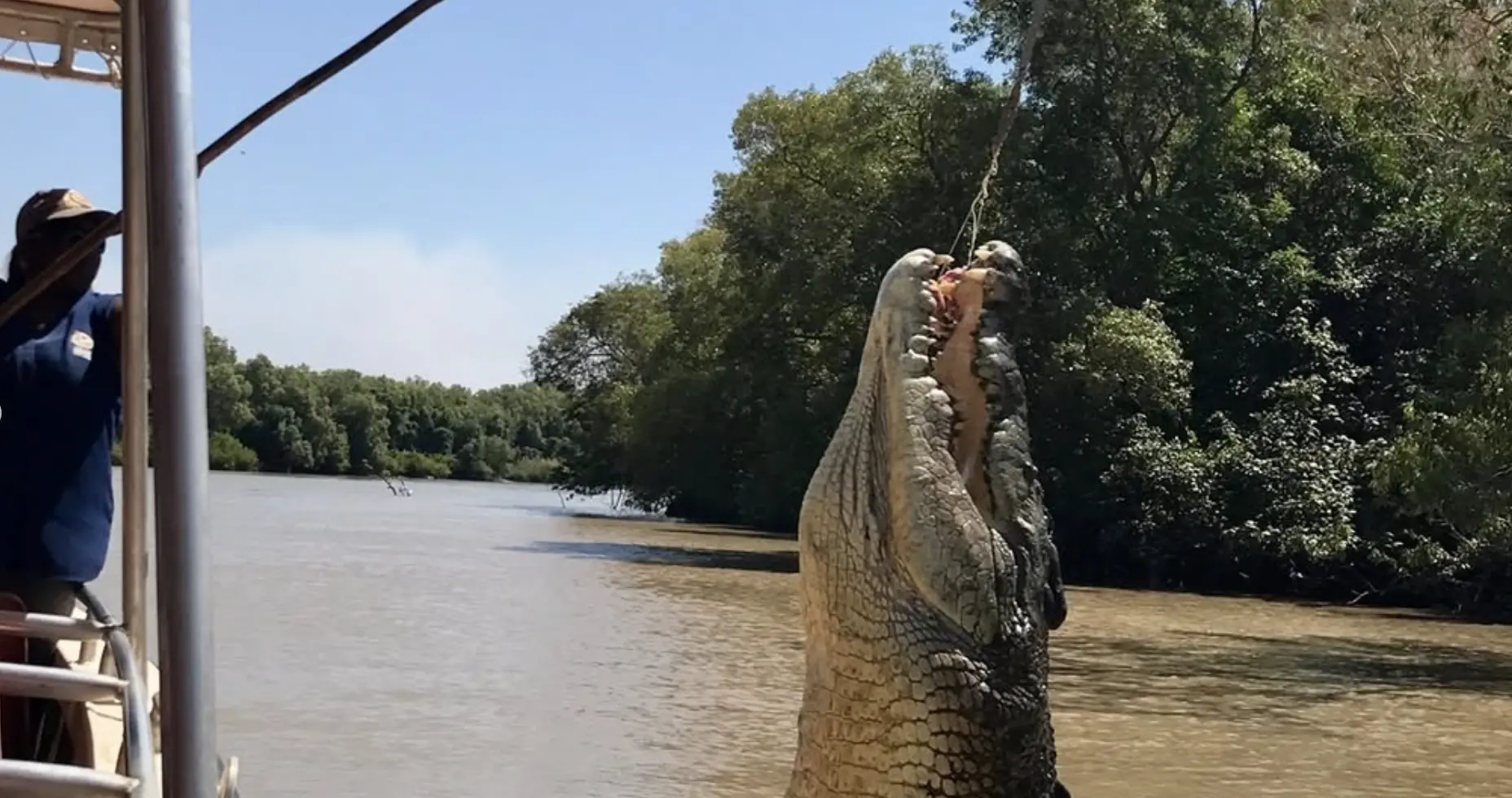
Alligators in Kakadu and Beyond
Not alligators are found in Australia but crocodiles are in places like Kakadu National Park and Adelaide River. Visitors can do the famous Jumping Crocodile tours where saltwater crocodiles jump out of the water for food. American alligators are a big draw at Everglades Holiday Park in South Florida.
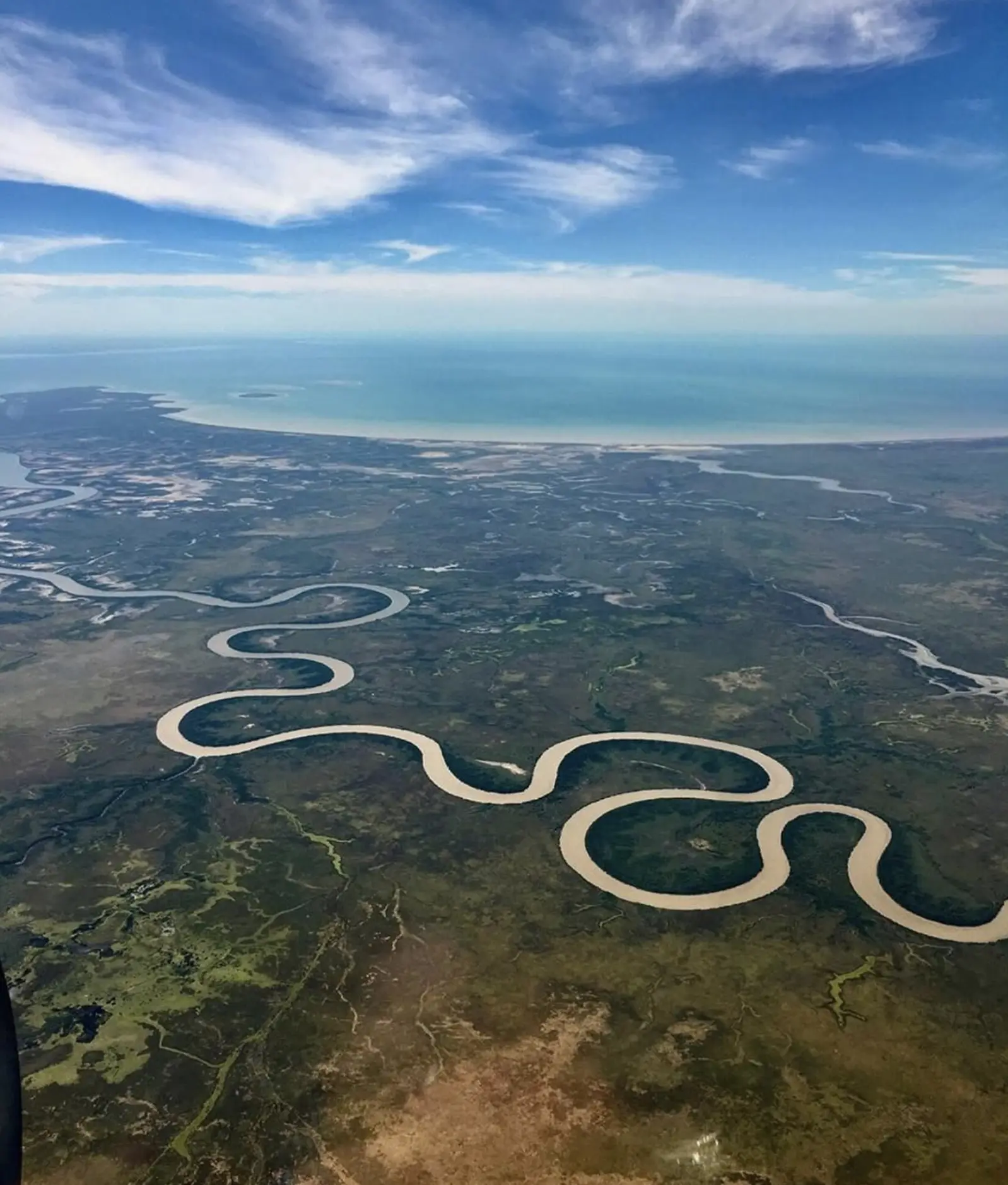
Speed Factors
- Physiology: Crocodiles and alligators have different physical make up, snout shape and body length which affects their speed.
- Habitat: Freshwater is alligator country, saltwater is challenging for crocodiles.
- Behavior: Alligators use speed during mating and hunting, crocodiles are ambush predators.
Famous Crocodiles and Alligators
- Saltwater Crocodile: The largest crocodile species found in places like Cockatoo Park and Biscayne National Park.
- Nile Crocodile: The “smart crocodiles” have many adaptations for survival in African environments.
- American Alligator: Found in the Everglades, they share their habitat with invasive reptiles like Burmese pythons.
Speed Fact: Animal Kingdom
Crocodiles and alligators are impressive but not competing with the fastest land animal, the cheetah or reaching “infinite speed” levels in comic book realms like the Speed Force. But their bursts of speed are important for survival, they are predators.
Safety Around Crocodiles and Alligators
- Keep Your Distance: 15-20 feet away.
- Avoid Edges: Stay away from riverbanks and marshes.
- Observe Warning Signs: Places like Crocodile Lake National Wildlife Refuge have crocodile warning signs.
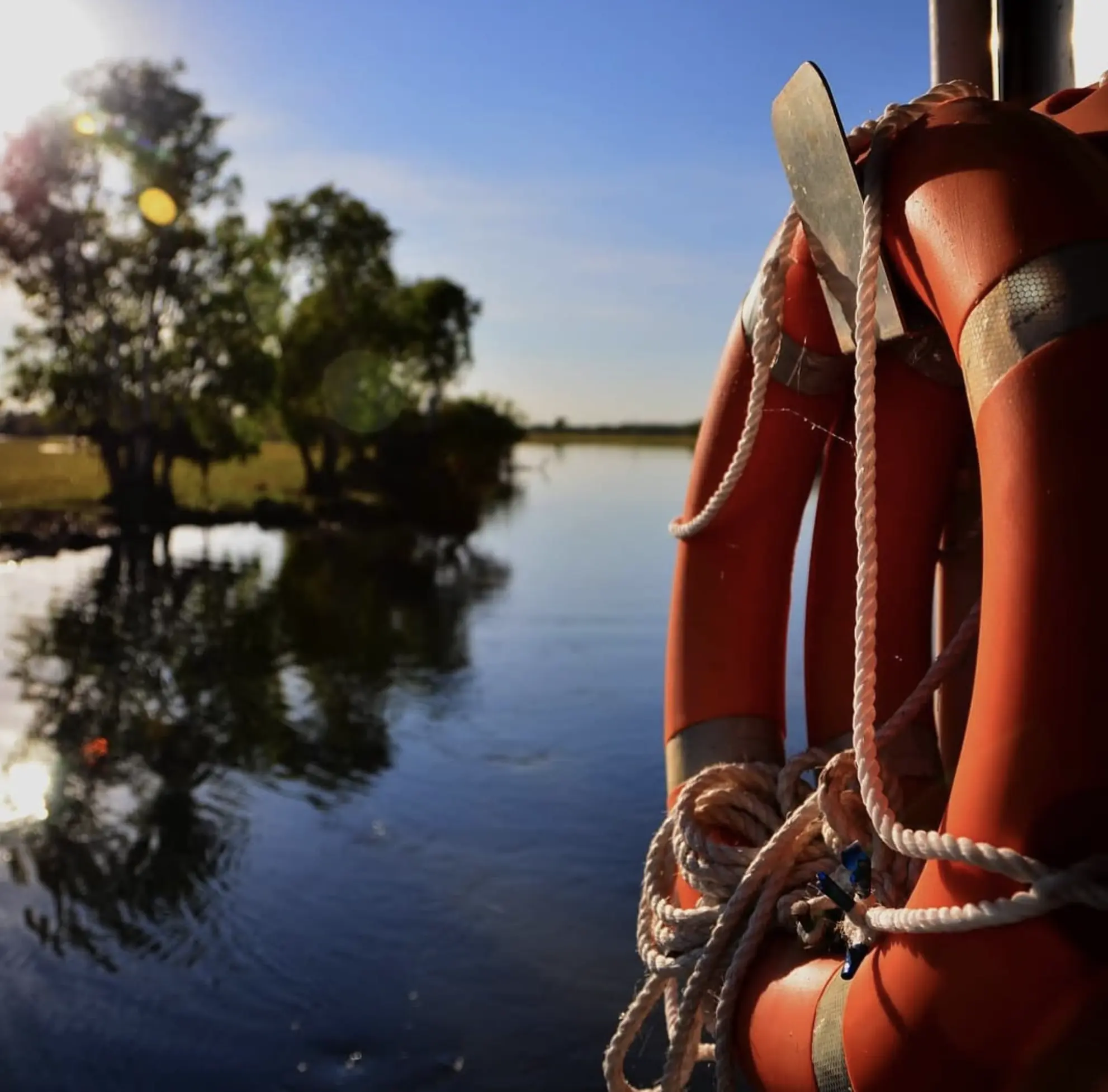
Conclusion
When it comes to speed, alligators are faster in water and land. But crocodiles are more widespread and can adapt to both freshwater and saltwater, they are equal predators. Whether you see saltwater crocodiles in Australia or American alligators in South Florida, keep your distance and appreciate their agility and power.
For a hassle free and informative experience book with Wildlife Tours, a well known brand for 4 day Kakadu tours and many other like Darwin crocodile tour.
FAQs
Which is faster, a crocodile or an alligator?
Alligators are faster than crocodiles in water and land.
Are saltwater crocodiles faster than American alligators?
No, American alligators are faster in water, 20 mph vs saltwater crocodile 15-18 mph.
Can a human outrun a crocodile or alligator?
Yes, humans can outrun them as their top speed is only sustainable for short bursts.
Where can you see crocodiles and alligators in the wild?
Crocodiles in Kakadu Crocodile Tour at Adelaide River in Australia, alligators in South Florida Everglades.
What’s the difference?
V shaped snout, marine. U shaped snout, freshwater.
